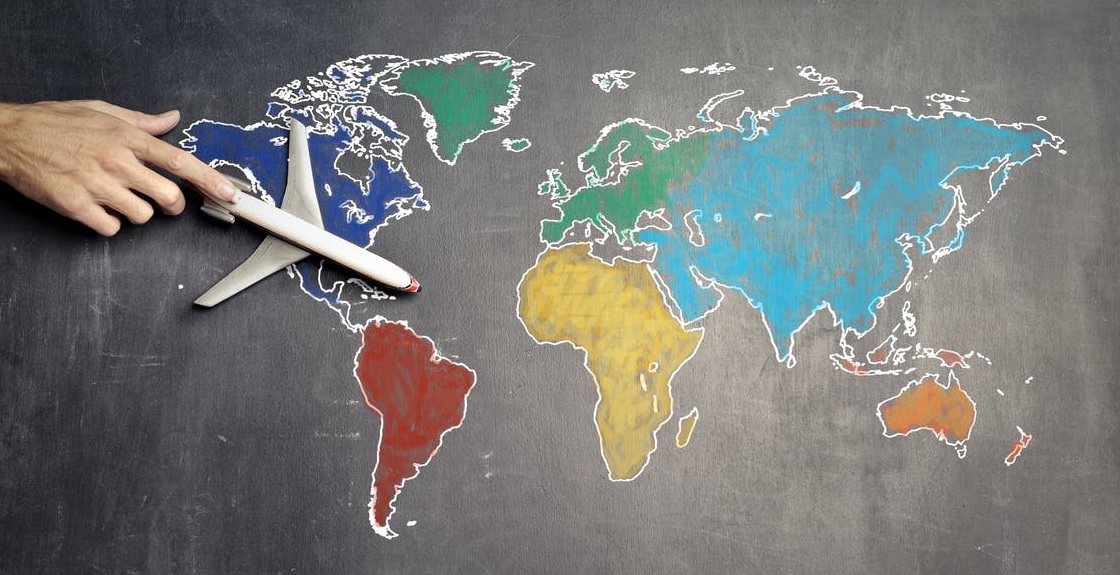Globalization’s Impact on the World Economy: Unveiling Opportunities and Challenges
In an era of interconnectedness, globalization stands as a defining force shaping the world economy. With the integration of economies, cultures, and technologies, globalization has led to both opportunities and challenges on a global scale. This essay delves into the multifaceted impact of globalization on the world economy, examining its effects on trade, investment, labor, and cultural exchange while addressing the disparities and complexities it has introduced.
Positive Impacts:
- Increased Trade and Investment: Globalization has facilitated international trade, enabling countries to specialize in their comparative advantages and access a wider array of goods and services.
- Economic Growth: The expansion of markets and the flow of capital have stimulated economic growth, lifting many countries out of poverty and accelerating development.
- Technological Advancements: Globalization has spurred technological innovation, fostering the rapid exchange of ideas and solutions across borders.
- Job Creation: The rise of multinational corporations and cross-border ventures has created employment opportunities and expanded labor markets.
- Cultural Exchange: The interconnectedness facilitated by globalization has led to the exchange of cultures, ideas, and practices, promoting diversity and understanding.
Challenges and Disparities:
- Income Inequality: While globalization has lifted many out of poverty, it has also exacerbated income disparities within and among countries.
- Labor Exploitation: Globalization’s pressure for lower costs has led to labor exploitation in some regions, raising ethical concerns.
- Cultural Erosion: While cultural exchange is a positive aspect, there is a risk of cultural homogenization and loss of local traditions.
- Environmental Impact: The increased movement of goods and services has contributed to environmental degradation and pollution.
Globalization and Developing Countries:
- Opportunities: Developing countries can attract foreign investment, access advanced technologies, and benefit from export opportunities.
- Challenges: Unequal power dynamics, reliance on foreign markets, and potential for economic vulnerability can create challenges.
Trade Agreements and Global Markets:
- Free Trade Agreements: Globalization has led to the rise of free trade agreements that lower tariffs and promote cross-border commerce.
- Global Supply Chains: Complex supply chains span multiple countries, enabling efficient production but also vulnerability to disruptions.
Financial Integration and Capital Flows:
- Foreign Direct Investment (FDI): FDI has driven economic growth by bringing capital, technology, and expertise to recipient countries.
- Financial Crises: Globalization can also contribute to financial contagion, as demonstrated by the 2008 global financial crisis.
Digitalization and E-commerce:
- E-commerce: The digital revolution has facilitated online commerce, creating new business models and expanding global consumer markets.
- Data Privacy and Security: Globalization’s digital aspects have raised concerns about data protection, privacy, and cyber threats.
Globalization and Regionalization:
- Regional Integration: Regional blocs like the European Union and ASEAN illustrate how globalization can foster regional cooperation and development.
- Brexit: The United Kingdom’s decision to leave the EU exemplifies the complexities of balancing globalization with national sovereignty.
Conclusion:
Globalization’s impact on the world economy is a complex tapestry woven with opportunities and challenges. While it has unlocked economic growth, technological progress, and cultural exchange, it has also intensified disparities, ethical dilemmas, and environmental concerns. Recognizing the multifaceted nature of globalization is crucial for nations, businesses, and individuals to harness its benefits while addressing its drawbacks. As we navigate the global landscape, thoughtful policies, ethical considerations, and collaborative efforts are essential to ensure that the world economy evolves sustainably and inclusively in the face of globalization’s profound influence.

